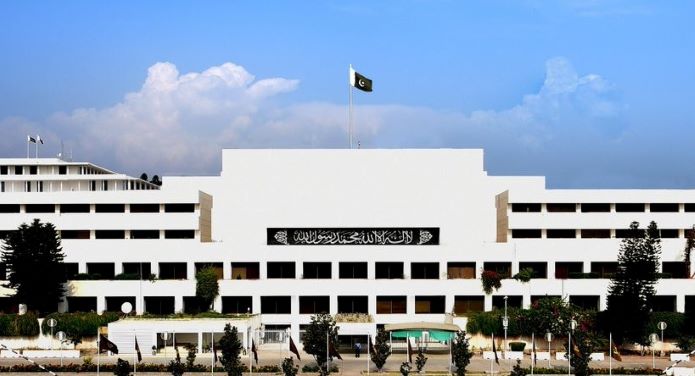Hunger levels in Pakistan will further rise in the coming months. As the Shehbaz Sharif government thrashed out a harsh diktat–raising fuel prices to meet the International Monetary Fund’s (IMF) demands, the common people on the streets feel deceived. A litre of petrol in Pakistan now costs (Pakistani) Rs 272 – a historical high speed diesel (HSD) Rs 280 as Islamabad, which is facing a potential default, is now rushing against time to resume the IMF loan programme.
On Wednesday the price of petrol was raised by Rs 22.20 a litre at a single stroke, for HSD it is an increase by Rs 17.20. The price rise has already come into effect.
“The country’s political class is squarely responsible for the current condition but the unfortunate reality is that this class is the least impacted. The miseries of the poor in Pakistan are unparalleled,” a citizen who lives outside the country told India Narrative. “If you visit you will realise that thousands of people eat only one meal..they have no money to eat twice,” he said.
Pakistan is already reeling under high inflation. In January, the inflation rate already rose to 27.6 per cent up from 24.5 per cent in December– the highest reading since 1975 with a number of containers carrying food items and other raw materials getting stuck in the country’s ports due to non-payment.
Now the latest round of price hike will further push up inflation. Reports suggest that milk is now being sold at Rs 210 per litre.
Surging inflation is leaving less money in the hands of the people, especially the poor.
“You hear stories from doctors beginning to see adult malnutrition in adults who have given up two meals a day. You hear from teachers in schools saying that parents come and say ‘I have four children, can you tell me which one to keep in school? I cannot afford to pay the school fees for the other three,’” Uzair Younus, Director of the Atlantic Council’s Pakistan Initiative told Time magazine. Younus added that the miseries had started even before the devastating floods that hit Pakistan last year.
According to an estimate of the International Rescue Committee that was published last month, about 14.6 million people in Pakistan are in need of food assistance. This includes 8.6 million people who are experiencing an extreme level of food insecurity and are facing impossible decisions on how to cope, skipping meals and selling off assets, it said.
A senior economist with Moody’s Analytics said that in the first half of 2023, inflation in Pakistan may average 33 per cent before easing.
Also read: Cash starved Pakistan bows to IMF conditions, approves new tax on power
Pakistan’s pharma sector takes a big hit amid deepening economic crisis




















